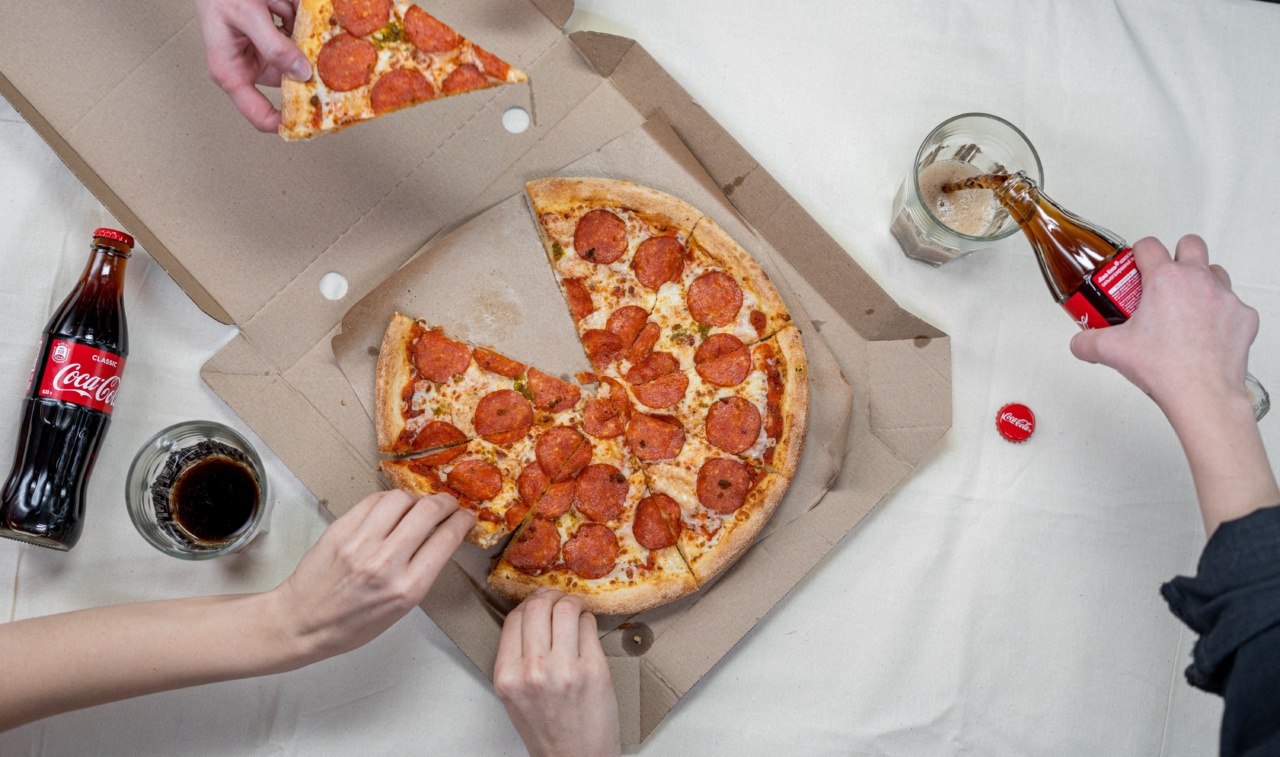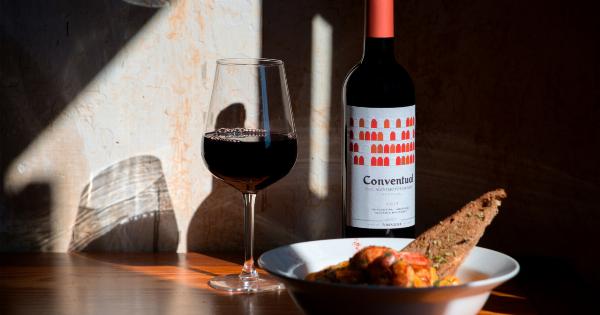Drinking alcohol is often associated with socializing and having a good time. However, drinking on an empty stomach can lead to excessive alcohol intake and can be harmful.
Eating before consuming alcohol can help slow down the absorption of alcohol in the bloodstream and prevent adverse effects such as dehydration, nausea, and hangovers.
The Importance of Eating Before Drinking
When alcohol enters the stomach, it is quickly absorbed into the bloodstream.
Drinking on an empty stomach can lead to a rapid blood alcohol level, making a person intoxicated more quickly, which can lead to a higher risk of health problems such as blackouts, injury, and alcohol poisoning. Eating before drinking can slow down the effects of alcohol, allowing the liver to metabolize it more effectively.
The Best Foods to Eat Before Drinking
The best foods to eat before drinking are those that are rich in carbohydrates, fat, and protein, providing the body with essential nutrients that help to absorb the alcohol. Here are some of the best foods to eat before you start drinking:.
1. Complex Carbohydrates
Complex carbohydrates such as whole-grain bread, brown rice, or whole-grain pasta, are slowly digested and provide a steady supply of energy to the body.
This helps to prevent the rapid elevation in blood sugar levels, which can lead to headaches, dizziness, and nausea.
2. Protein
Protein is essential for building and repairing body tissues and contributes to better absorption of alcohol. Foods rich in protein include lean meats like chicken, turkey, or fish, or vegetarian sources like beans or legumes.
3. Healthy Fats
Healthy fats such as avocados, nuts, or olive oil, can help to slow down the absorption of alcohol in the bloodstream, providing the body with a steady supply of energy.
Moreover, healthy fats help to prevent nausea, headaches, and dehydration that often occur when drinking without eating.
4. Fruits and Vegetables
Consuming fruits and vegetables before drinking provides the body with essential vitamins and minerals that support the metabolic functions.
Fruits like berries, apples, and bananas are rich in fiber and provide slow-release carbohydrates, while vegetables like spinach, kale, carrots, and cucumbers, are high in antioxidants that support liver function, protecting it against the harmful effects of alcohol.
5. Calcium-Rich Foods
Foods rich in calcium, such as cheese, yogurt, or milk, can help to minimize the effects of alcohol on the body by preventing the dilution of stomach acid and slowing down the absorption of alcohol.
Calcium-rich foods also support the functions of the nervous system, preventing blackouts, and other adverse effects of excessive drinking.
6. Water and Hydrating Foods
Drinking alcohol leads to dehydration, causing dry mouth, headaches, and fatigue. Eating hydrating foods such as watermelon, strawberries, or cucumbers, can prevent dehydration by providing the body with water and essential electrolytes.
Drinking water or other non-alcoholic beverages before and during drinking can also minimize the risk of dehydration.
Conclusion
Eating before drinking is important to avoid the risks associated with drinking on an empty stomach. A good meal before drinking should be rich in complex carbohydrates, protein, healthy fats, fruits, and vegetables.
Drinking plenty of water and avoiding excessive alcohol intake can minimize the risk of hangovers, dehydration, and other adverse effects.





























